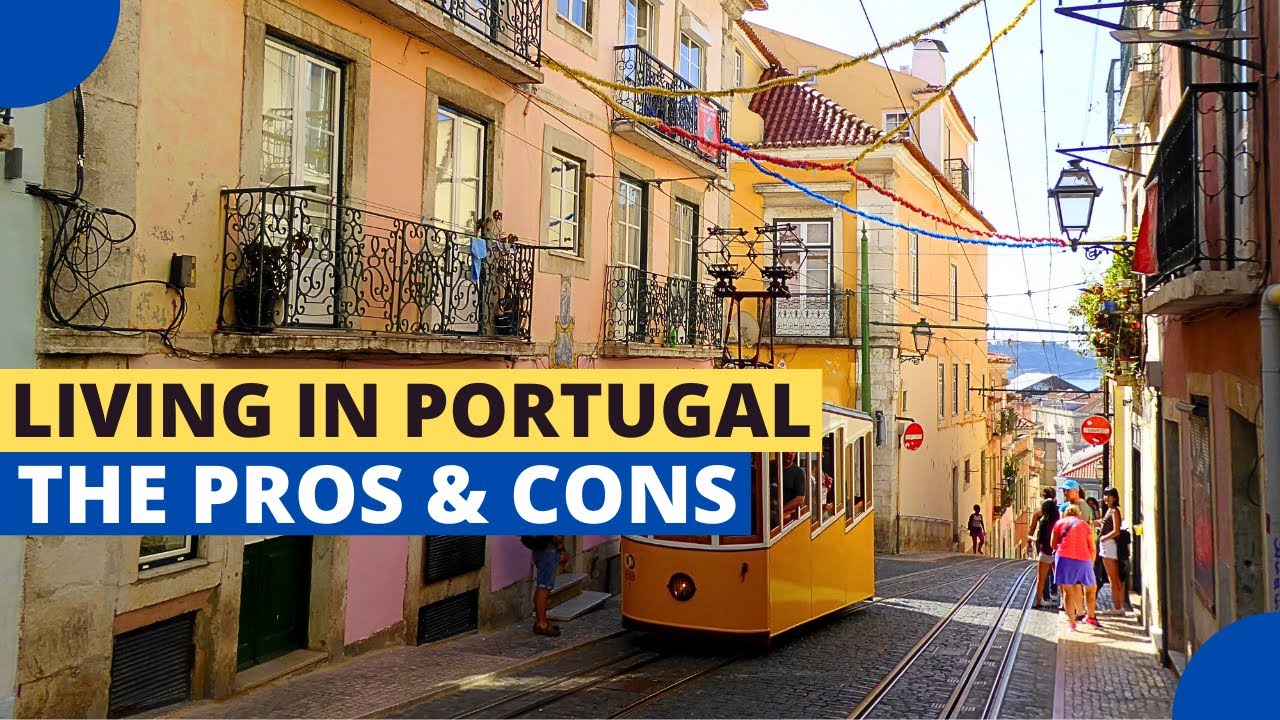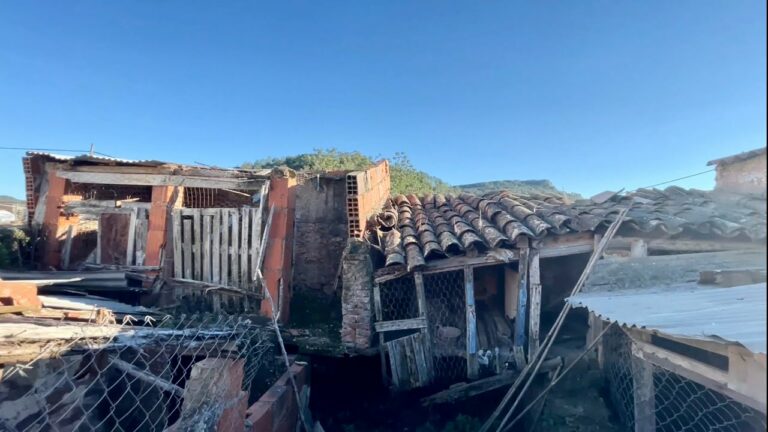pros and cons of living in portugal
Are you considering a move to Portugal? As someone who has lived in this beautiful country for over 15 years, I can confidently say that the pros far outweigh the cons. Portugal offers an incredible quality of life, affordable living costs, stunning natural landscapes, and a rich cultural heritage. From the vibrant city life of Lisbon to the charming coastal towns of the Algarve, there is something for everyone here.
Let me share a personal story that illustrates the pros of living in Portugal. When I first arrived in Porto as a digital nomad, I fell in love with the city’s unique blend of old-world charm and modern innovation. The people were warm and welcoming, the food was delicious, and the cost of living was significantly lower compared to other European cities. Over the years, I have also invested in properties in Aljezur, a hidden gem on the west coast of Portugal. The tranquil beaches and laid-back lifestyle have made it a popular destination for surfers and nature lovers. These experiences have not only provided me with a comfortable life but have also given me the opportunity to explore the country and its diverse regions. Stay tuned as I share more stories and insights on the pros and cons of living in Portugal, helping you make an informed decision about your own Portuguese adventure.
Why Not to Retire in Portugal? Exploring the Pros and Cons of Relocating to the Portuguese Lifestyle
Portugal has become increasingly popular among retirees and expats looking for a relaxed and affordable lifestyle in a beautiful European country. With its stunning coastline, rich history, and warm climate, it’s no wonder that many people are considering making Portugal their new home. However, it’s important to explore both the pros and cons of relocating to the Portuguese lifestyle before making such a significant decision.
The Pros of Living in Portugal
Let’s start by exploring the advantages of retiring in Portugal:
1. Affordable Cost of Living
One of the biggest draws for retirees and expats is the affordable cost of living in Portugal. Compared to other European countries, Portugal offers a lower cost of housing, healthcare, groceries, and entertainment. This affordability allows retirees to stretch their pensions or savings further, providing a comfortable lifestyle without breaking the bank.
For example, Joanne and David, a retired couple from the UK, decided to move to the Algarve region in Portugal. They found that their living expenses were significantly lower than in their home country, allowing them to enjoy a higher quality of life without financial stress.
2. Beautiful Weather and Scenic Landscapes
Portugal’s Mediterranean climate is another enticing factor for retirees. With mild winters and long, sunny summers, the weather is ideal for those seeking a relaxed and outdoor-oriented lifestyle. Whether it’s exploring the stunning beaches of the Algarve or hiking in the lush mountains of Madeira, Portugal offers a wide range of scenic landscapes to enjoy.
For John, a retired photographer from the United States, the beautiful weather in Portugal was a major selling point. He fell in love with the vibrant colors and stunning sunsets, which inspired him to capture the essence of Portuguese landscapes through his lens.
3. High-Quality Healthcare System
Portugal is known for its excellent healthcare system, which is consistently ranked among the best in the world. Retirees can access high-quality medical care at a fraction of the cost compared to other countries. The healthcare system is also easily accessible, with a range of public and private options available.
After retiring in Portugal, Maria, a retired nurse from Canada, was impressed by the efficiency and affordability of the healthcare system. She found comfort in knowing that she had access to top-notch medical care whenever she needed it.
The Cons of Living in Portugal
While Portugal offers many benefits for retirees, it’s important to consider the potential downsides as well:
1. Language Barrier
For non-Portuguese speakers, the language barrier can be a significant challenge. While English is widely spoken in tourist areas, it may be more difficult to communicate effectively in other parts of the country. Learning the basics of Portuguese before moving to Portugal can greatly enhance one’s experience and integration into the local community.
When Sarah and Mark, a young family from Australia, relocated to Lisbon, they initially struggled to navigate daily life due to the language barrier. However, they made an effort to take Portuguese language classes and found that it greatly improved their overall experience and ability to connect with locals.
2. Bureaucracy and Administrative Processes
Dealing with bureaucratic processes can be frustrating for expats, especially when it comes to obtaining visas, residency permits, and navigating the Portuguese legal system. It’s essential to be prepared for paperwork, long waiting times, and potential language barriers when dealing with administrative matters.
When David, an American retiree, decided to move to Porto, he encountered several challenges with the bureaucratic processes. However, with the help of an expat consultant and by staying patient, he was able to successfully navigate the system and obtain his residency permit.
3. Cultural Adaptation
Adapting to a new culture and way of life can be both exciting and challenging. While Portugal is known for its warm and welcoming people, there may still be cultural differences that take time to adjust to. Understanding and respecting Portuguese customs, traditions, and social norms is crucial for a successful integration into the local community.
When Emma and James, a British couple, moved to the coastal town of Cascais, they experienced some cultural differences that took time to adapt to. However, by immersing themselves in the local community, attending cultural events, and making an effort to learn about Portuguese traditions, they were able to build meaningful connections and feel more at home.
Final Thoughts
Retiring in Portugal can offer a wonderful lifestyle filled with stunning landscapes, affordable living costs, and excellent healthcare. However, it’s important to consider the potential challenges such as the language barrier, bureaucratic processes, and cultural adaptation. By being prepared and open-minded, many of these obstacles can be overcome, allowing retirees to fully enjoy the Portuguese lifestyle.
Remember, everyone’s experience is unique, and what may be a con for some could be a pro for others. It’s essential to thoroughly research and consider your personal circumstances and priorities before making the decision to retire in Portugal. Seek advice from expat consultants, connect with local communities, and learn from the experiences of others who have already made the move. With proper planning and a positive mindset, retiring in Portugal can be a rewarding adventure.






